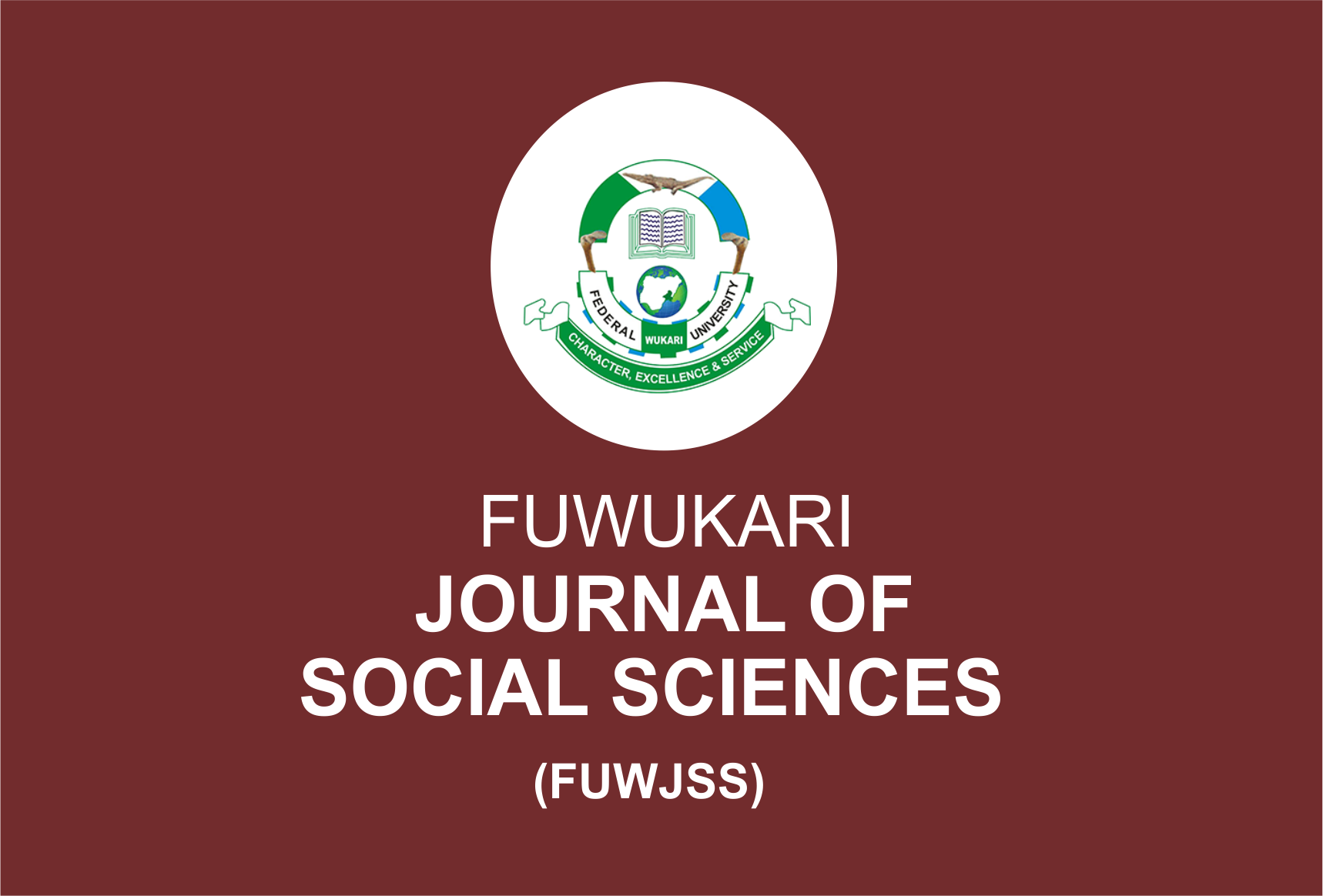Knowledge of Traditional Family Planning Methods among Married Persons in Ogbadibo Local Government Area, Benue State, Nigeria
Otache Ameh Emmanuel
Keywords: Knowledge, Contraceptives, Traditional Beliefs, Traditional Family Planning
Abstract
Current global efforts are focus at regulating fertility in order to promote healthy living across generations. For developing societies like Nigeria, dependence on traditional family planning methods is necessary in attaining this feat. This is because traditional family planning methods (TFPMs) are known to be cost effective and readily available for use by community members. However, most married persons in Ogbadibo, Nigeria have consistently shown lack of knowledge of traditional contraceptive methods in the area. Adopting a descriptive research design involving 344 married people in three wards (Aioodo I, Orokam II, and Itabono I) of Ogbadibo, Benue State; this paper examines factors influencing the knowledge of TFPMs among married persons in the area. Through the lens of the fertility decision-making model, study results recognized that as communities of Ogbadibo modernize, the family structure is transformed in manners that knowledge; motivation; and assessment of fertility regulations become the bases for family planning decision-making. Majority of married people (75.5%) could not mention any TFPM that they know. Only 13.4% mentioned rhythm and withdrawal methods as the TFPM that they know. Television, radio as well as health personnel are main sources through which information and knowledge on TFPMs is disseminated in Ogbadibo Local Government Area. The study recommends that community leaders and elders should work to abolish traditional beliefs that are inimical to birth control and promote knowledge of TFPMs among married people; while advocacy should be intensify toward encouraging smaller family sizes in communities of Ogbadibo Local Government Area.
Author Biography
Otache Ameh Emmanuel
Sociology Department,
University of Jos, Jos, Nigeria

